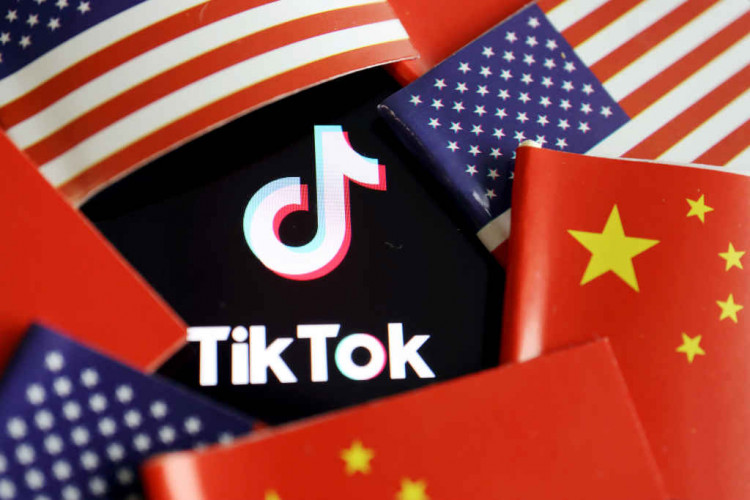The U.S. warned it will move forward with a nationwide ban on TikTok unless China agrees to drop demands for tariff and technology concessions, even as President Donald Trump hinted that a deal may have been reached that could keep the short-video platform operating in the U.S.
A senior U.S. official with knowledge of the negotiations said Monday that Washington would not ease trade restrictions or scale back tariffs in exchange for TikTok's divestiture from Chinese parent company ByteDance. "Our Chinese counterparts have come with a very aggressive ask," Treasury Secretary Scott Bessent told reporters. "We are not willing to sacrifice national security for a social media app."
The remarks came as U.S. and Chinese delegations held their fourth round of trade talks at Madrid's Palacio de Santa Cruz, seeking to resolve a range of disputes including tariffs, technology export controls and the future of TikTok, which faces a potential shutdown as early as September 17 if a divestiture deal is not finalized.
Trade Representative Jamieson Greer said Beijing wanted concessions on "tariffs or other measures that have been taken over years" as part of any agreement. Bessent noted that the talks had made progress on technical details but warned that any extension of the divestiture deadline would depend on Monday's negotiations.
Hours later, Trump posted on Truth Social that a deal had been reached "on a 'certain' company that young people in our Country very much wanted to save," without naming TikTok explicitly. He said he would speak with Chinese President Xi Jinping on Friday.
China's Commerce Ministry accused Washington of using coercive tactics, saying the push for tariffs over Chinese purchases of Russian oil "is a typical act of unilateral bullying and economic coercion" and a violation of consensus reached by Xi and Trump in a recent phone call. Chinese Foreign Ministry spokesperson Lin Jian reiterated that Beijing had "no new information" on TikTok but maintained that China had "repeatedly stated its position."
The talks are taking place against a backdrop of rising tensions. On Monday, China's market regulator said a preliminary investigation found U.S. chipmaker Nvidia violated the country's anti-monopoly law, a move widely viewed as retaliation for Washington's restrictions on advanced chip exports to China.
Analysts say Beijing is reluctant to force a sale of TikTok because it could open the door for more Western takeovers of Chinese tech firms. "China is reluctant to divest from TikTok because it would open the door for more forced sales of Chinese companies in the West," said Alicia Garcia-Herrero, a senior fellow at think tank Bruegel.
The U.S. and China have held three prior meetings since May, most recently in Stockholm, where they extended a tariff truce that sharply reduced triple-digit import duties and resumed rare-earth exports to the United States. William Reinsch, senior trade adviser at the Center for Strategic and International Studies, said a potential Trump-Xi summit would depend on progress in these talks and further easing of U.S. export controls on chips and other high-tech goods. "Setting that up is really what these talks are all about," Reinsch said.




